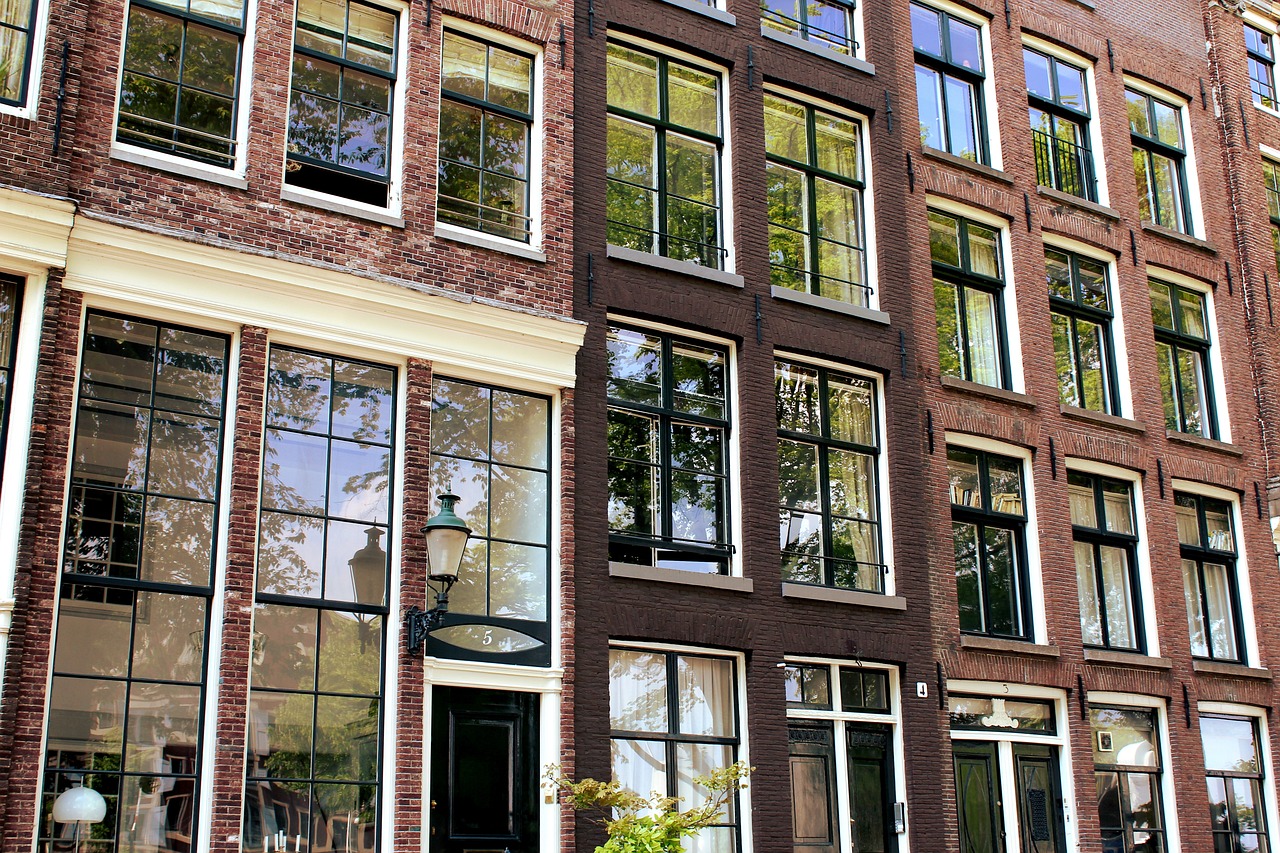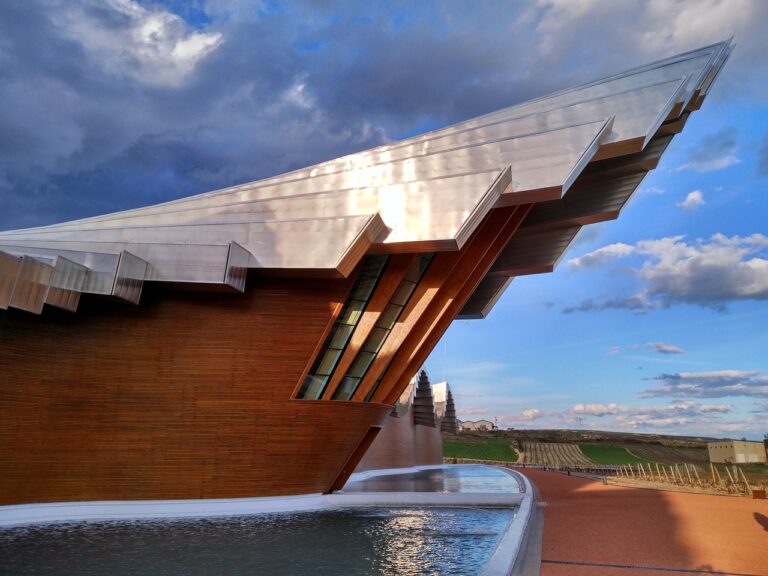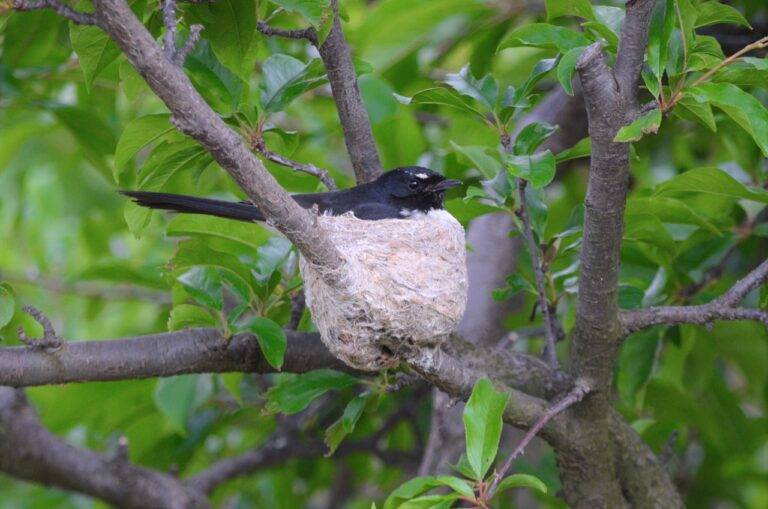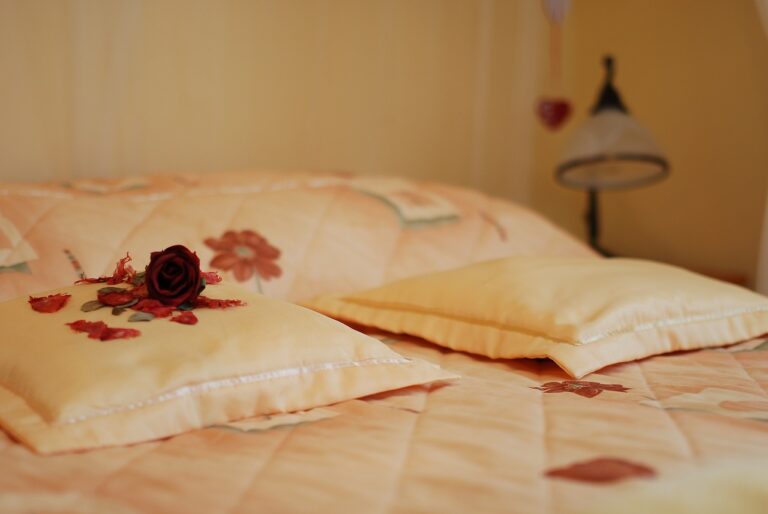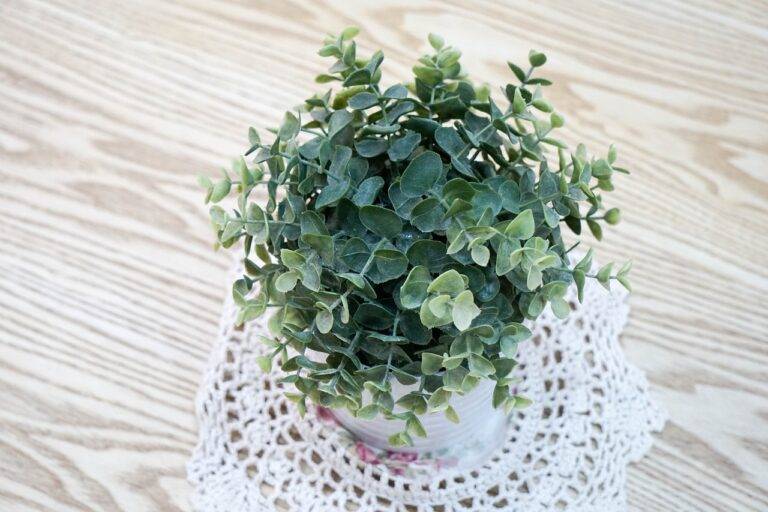Tips for Designing a Sustainable Outdoor Kitchen: From Energy-Efficient Appliances to Recycled Countertops
Choosing energy-efficient appliances is a smart choice for both the environment and your wallet. These appliances are specially designed to consume less electricity while still providing the same level of performance. From refrigerators to washing machines, opting for energy-efficient models can significantly reduce your monthly utility bills.
In addition to saving you money in the long run, energy-efficient appliances also help in reducing your carbon footprint. By using less energy, these appliances contribute to lower overall greenhouse gas emissions, making them a more environmentally friendly option. Making the switch to energy-efficient appliances is a simple yet impactful way to make a positive difference in the world.
Sustainable Materials for Countertops
When choosing materials for countertops, it’s essential to consider sustainability. Opting for eco-friendly options not only reduces your environmental impact but also adds a touch of style to your space. There are various sustainable materials available today, ranging from recycled glass to reclaimed wood, all of which offer durability and aesthetic appeal.
Recycled glass countertops, for example, are made from discarded glass bottles and are designed to be environmentally friendly. These countertops come in a variety of colors and can be customized to suit any kitchen or bathroom design. Reclaimed wood countertops, on the other hand, offer a warm and rustic feel to your space while also promoting sustainable practices by repurposing old wood. Choosing sustainable materials for your countertops is a great way to create a beautiful and environmentally conscious home.
Water-Efficient Fixtures
When it comes to conserving water in our homes, installing water-efficient fixtures plays a key role. These fixtures are designed to minimize water wastage without compromising on performance. By using less water during everyday tasks such as washing dishes or taking a shower, households can significantly reduce their overall water consumption.
One popular water-efficient fixture is the low-flow showerhead, which limits the flow of water while still maintaining adequate water pressure. Similarly, installing aerators on faucets can help reduce water usage by mixing air with the water stream, creating the illusion of a higher flow rate. These small adjustments in fixtures can make a big impact on the environment by conserving water resources for future generations.

